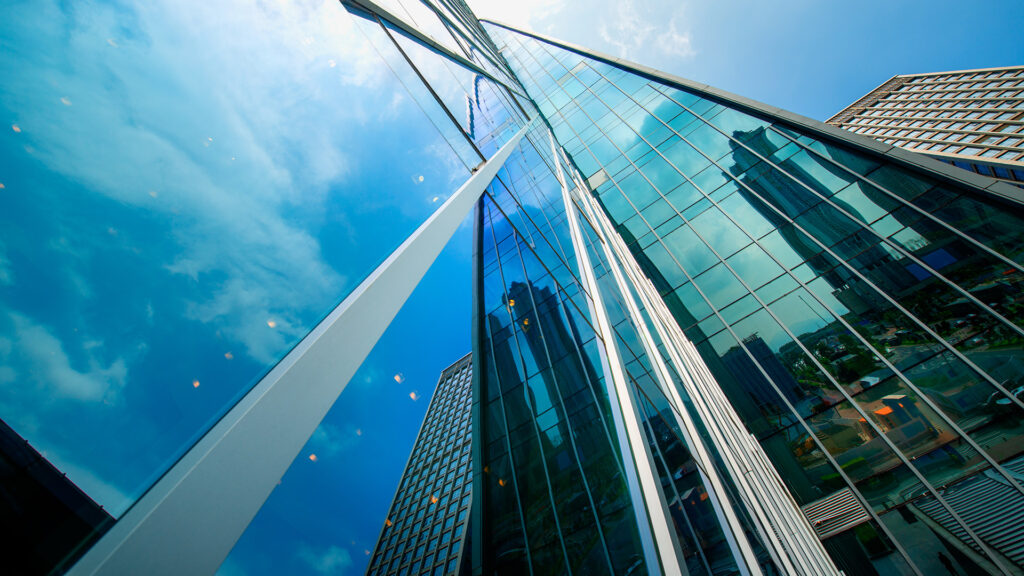Concorde Crash
This article first appeared in the January 2011 issue of International Law Office and is reproduced with their kind permission. www.internationallawoffice.com/a>
On July 25 2000 Concorde crashed shortly after take-off from Roissy Charles de Gaulle Airport in Paris, killing 113 people. On February 2 2010 the long-awaited trial – and battle of experts – began before the Pontoise Criminal Court. The judgment was finally rendered on December 6 2010; however, almost all of the parties involved in this action have now lodged appeals against the judgment.The accused in the criminal action were:
- The director of Aérospatiale’s Concorde programme from 1978 to 1994.
- A former engineer in chief of Aérospatiale’s supersonic team.
- An ex-director of the French civil aviation authority.
- Continental Airlines.
- Two of Continental’s employees.
The principal offence with which the accused had been charged was manslaughter, which carries a maximum penalty of five years’ imprisonment and a fine of €75,000 for individuals and €375,000 for companies. Damages were also claimed by a number of parties (including Air France, which claimed €15m) that had constituted themselves as civil claimants.
Possible causes for the crash
The court was presented with at least three possible causes for the crash. The prosecution’s case, supported by the French Accident Investigation Bureau’s 2002 report, was that Concorde had rolled on a titanium strip which had been lost by a Continental Airlines DC10 aircraft, causing one of Concorde’s tyres to burst, and thereafter rubber shards to puncture one of its fuel tanks. This titanium strip had been installed by a Continental Airlines engineer at Houston airport on July 9 2000, in order to replace a worn part in one of the DC10’s engines; the prosecution alleged that this strip had been improperly secured and should in any event not have been made of titanium.
Continental’s case was that the evidence established that Concorde’s engine had already been on fire before it ran over the titanium strip, and that the fire resulted from a failure by Air France technicians to reinstall a metal section linked to Concorde’s wheels, causing a water deflector to be torn away, puncturing its fuel tanks. It was also alleged that Concorde had been overloaded.
The third hypothesis related to the potential overfilling of the fuel tank following a fuel transfer to redistribute weight.
Decision
The Pontoise Criminal Court acquitted the three French accused and one of Continental’s employees. However, Continental Airlines and its welder – who had participated in the installation of the titanium strip onto the DC10 – were found guilty of manslaughter and unintentionally causing injury. Continental’s welder received a 15-month suspended jail sentence. Continental Airlines was fined €200,000. Civil damages of €1m were awarded to Air France; other civil claimants were awarded more modest sums.
The court stressed at the outset that all hypotheses and evidence had been considered, and that none had therefore been overlooked; nonetheless, Continental’s version of events was held not to be corroborated by the evidence. Its welder was found guilty of gross criminal negligence.
In contrast, the French accused were found not guilty of any criminal charge. Nevertheless (as a matter of civil law), the court found that the supervision of the Concorde programme had been negligent over a number of years. In particular, the risk of fire had not been sufficiently taken into account, notwithstanding a number of incidents involving exploding tyres and damage to wings. EADS (which had taken over Aérospatiale) was thus found vicariously liable for its employees’ negligence and ordered to contribute 30% of the civil damages to the victims of the crash.
The court also conceded that Air France had committed an ‘error’ in allowing Concorde to take off with an ‘excess load’; however, the court held that this had not caused the accident.
Comment
As could be expected, this judgment was praised by some and criticised by others. Continental Airlines immediately announced that it would lodge an appeal. Appeals have since also been lodged by EADS, the prosecutor and Air France.
The matter will therefore be heard afresh before the Versailles Court of Appeal. The court can consider not only the legal issues arising, but also all the factual issues raised at first instance; it therefore must consider all of the evidence which was submitted to the Pontoise Criminal Court, and a further battle of experts can thus be anticipated. Bearing in mind that the trial at first instance lasted several months, it is unknown at present when the appeal hearing will be scheduled.







